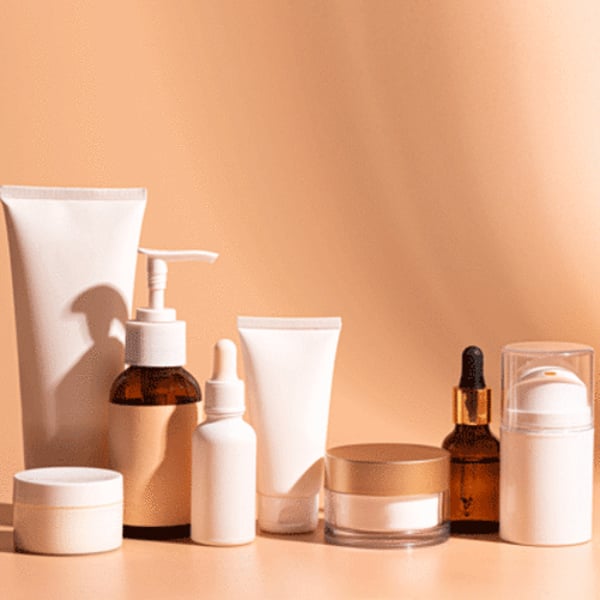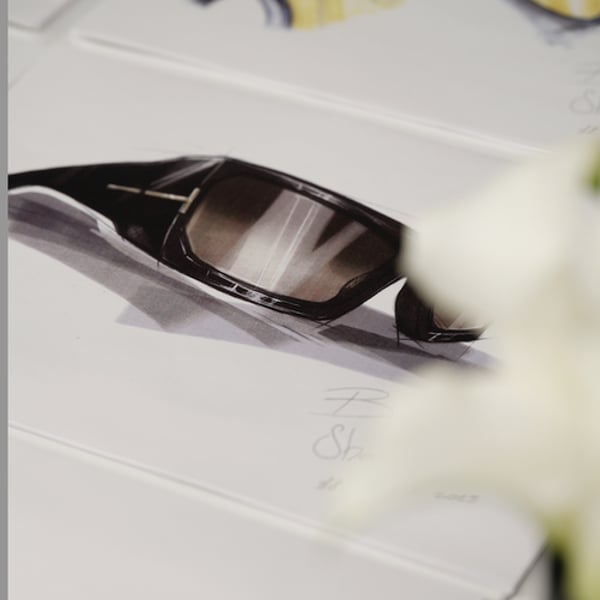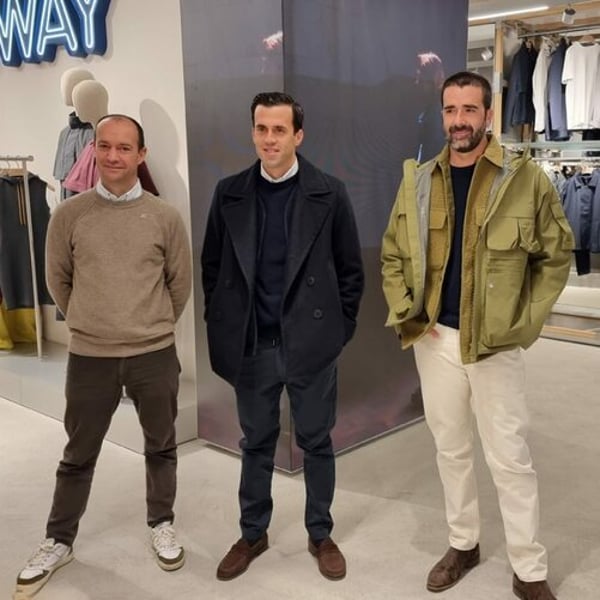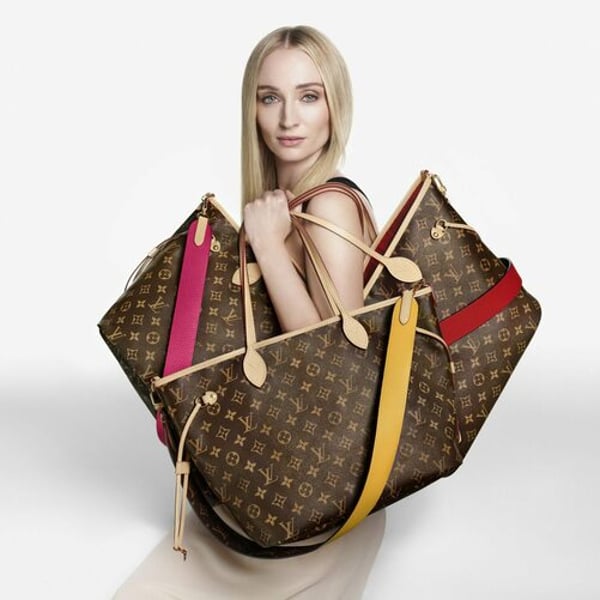By
AFP
Translated by
Nazia BIBI KEENOO
Published
July 11, 2025
They’re the internet’s latest obsession—beauty dupes that promise luxury looks for a fraction of the price. But behind the viral appeal lies a growing health concern.

Imitation skincare and makeup products, designed to mimic high-end brands, are now under scrutiny from toxicologists and regulators who warn they may contain hazardous—and sometimes banned—ingredients.
Online marketplaces like Temu, Shein and AliExpress are awash with low-cost cosmetics marketed as “dupes”—from foundations and sunscreens to serums and lipsticks. While not always counterfeits, these products often closely resemble high-end originals, and their ultra-low prices make them especially tempting—particularly for younger shoppers on TikTok.
The trend is spreading fast across Europe. On TikTok alone, hundreds of thousands of videos feature users showing off these bargain beauty buys. Influencers hype them as affordable alternatives that “deliver the same results.” But experts warn that’s where the similarities stop.
“This isn’t traditional counterfeiting—it’s more discreet and far harder to monitor,” says Xavier Guéant, head of legal affairs at France’s Federation of Beauty Companies (Febea), which issued a public warning on World Anti-Counterfeiting Day.
Guéant warns that many beauty dupes circulating online bypass all regulatory oversight and safety checks. “These products exist completely outside any safety framework,” he explains. “They’re untested, they ignore European standards—and that poses a real public health risk.”
A recent consumer survey by C-Ways for Febea revealed that nearly one in three French shoppers bought a beauty dupe in the past year—yet 96% had no idea those products could carry serious health risks.
Toxic ingredients and no real protection
Cheap cosmetics from unregulated sites can come with hidden dangers, warns Dr. Stéphane Pirnay, toxicologist and director at Expertox Laboratory. Many contain toxic chemicals—including substances banned under European law.
“In France, products go through strict safety testing,” he says. “But on these platforms, there are no rules. We’ve seen everything from heavy metals and phthalates to contaminants that should never touch human skin.”
Some tested products even contained traces of soil, stones, bird feathers—and in some cases, feces.
At the University of Nantes, pharmacy professor Laurence Coiffard has analyzed counterfeit and dupe sunscreens purchased online. Her findings are alarming: fake SPF 50+ creams provided no actual UV protection.
“These products offer zero sun protection,” Coiffard says. “That’s extremely dangerous, especially given the direct link between UV exposure and skin cancer.”
She identifies marketplaces such as AliExpress and Temu as major sources of both counterfeit and unregulated dupe products—calling them “a blind spot for consumer safety.”
A fast-growing threat and overwhelmed system
The issue isn’t marginal—and regulators are struggling to keep pace.
A February 2025 report by the European Consumer Organization (BEUC) found that over 80% of products tested from Temu failed to meet EU safety standards. In cosmetics, common violations included missing or inaccurate ingredient labels—leaving consumers unaware of what they’re applying to their skin.
“When something costs just a few euros, you can bet no one’s paying for proper testing,” says Guéant. “That’s the tradeoff—low price, no safety.”
With TikTok Shop now allowing users to purchase directly within the app, experts fear the spread of unregulated dupes could accelerate.
Febea is calling for stronger regulation, clearer legal definitions, and increased oversight to ensure product safety. Without intervention, they warn, the public health risk will continue to grow.
“It’s not about blaming consumers,” says Guéant. “It’s about protecting them—and making sure they have clear, honest information about what they’re buying.”
Copyright © 2025 AFP. All rights reserved. All information displayed in this section (dispatches, photographs, logos) are protected by intellectual property rights owned by Agence France-Presse. As a consequence you may not copy, reproduce, modify, transmit, publish, display or in any way commercially exploit any of the contents of this section without the prior written consent of Agence France-Presses.







